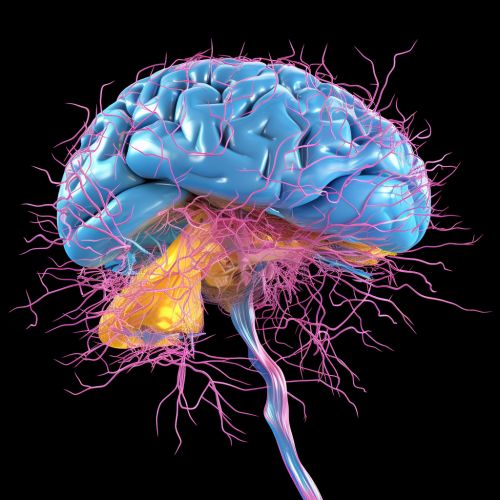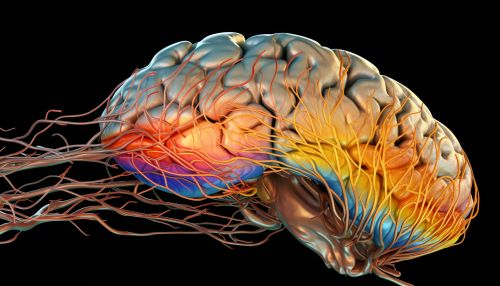Cognitive Mechanisms of Cognitive Control in High-Pressure Situations
Overview
Cognitive control refers to the mental processes and strategies that enable us to direct our attention, prioritize tasks, and manage cognitive resources to achieve our goals. It is a critical aspect of cognition, particularly in high-pressure situations where the ability to maintain focus, make decisions, and regulate emotions can significantly influence the outcome. This article will delve into the cognitive mechanisms of cognitive control in high-pressure situations, exploring the underlying neural networks, the role of stress and emotion, and the impact of training and experience.
Cognitive Control and the Brain
The cognitive control process is largely mediated by the prefrontal cortex (PFC), a region of the brain associated with executive functions such as decision-making, problem-solving, and attention control. The PFC works in conjunction with other brain regions, including the anterior cingulate cortex (ACC) and the dorsolateral prefrontal cortex (DLPFC), to regulate cognitive processes and coordinate responses to high-pressure situations.


Stress and Cognitive Control
High-pressure situations often induce stress, which can significantly impact cognitive control. Acute stress can enhance cognitive control by increasing alertness and focus. However, chronic stress can impair cognitive control, leading to difficulties in decision-making and problem-solving. The hypothalamic–pituitary–adrenal (HPA) axis plays a crucial role in the body's stress response and can influence cognitive control mechanisms.
Emotion and Cognitive Control
Emotion can also influence cognitive control in high-pressure situations. Positive emotions can enhance cognitive control by promoting flexibility and creativity, while negative emotions can impair cognitive control by narrowing focus and limiting cognitive resources. The amygdala, a brain region associated with emotion processing, interacts with the PFC to modulate cognitive control based on emotional context.
Training and Cognitive Control
Training can enhance cognitive control in high-pressure situations. Techniques such as Mindfulness and cognitive behavioral therapy (CBT) can help individuals improve their cognitive control skills, enabling them to better manage stress and emotion in high-pressure situations. Additionally, experience in high-pressure situations can also enhance cognitive control by promoting the development of effective strategies and coping mechanisms.
Conclusion
Understanding the cognitive mechanisms of cognitive control in high-pressure situations can have significant implications for various fields, including psychology, neuroscience, and education. By enhancing our knowledge of these mechanisms, we can develop more effective strategies and interventions to improve cognitive control and optimize performance in high-pressure situations.
